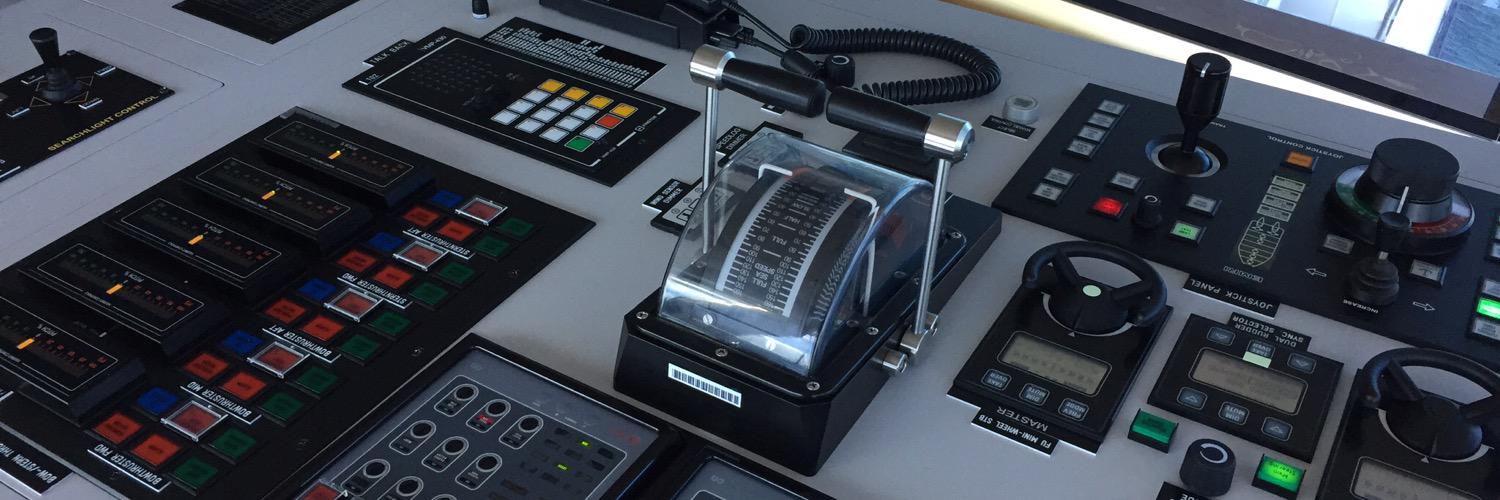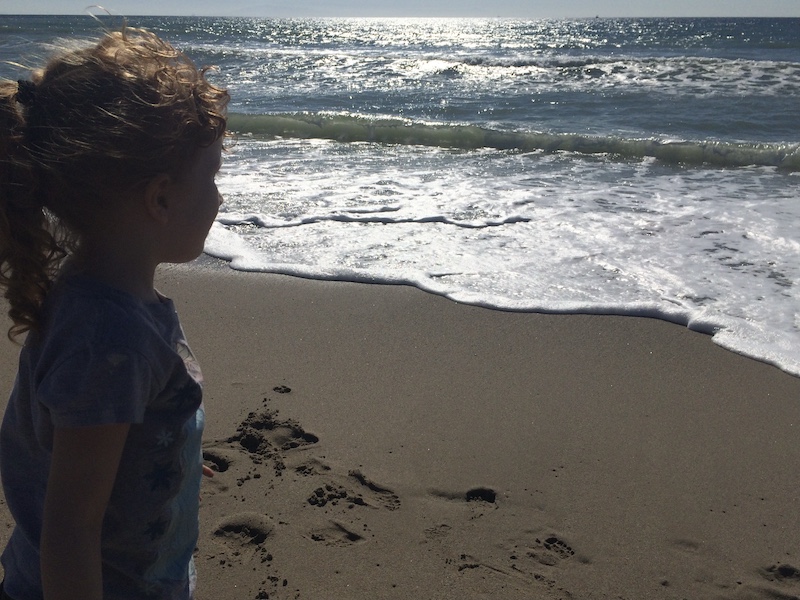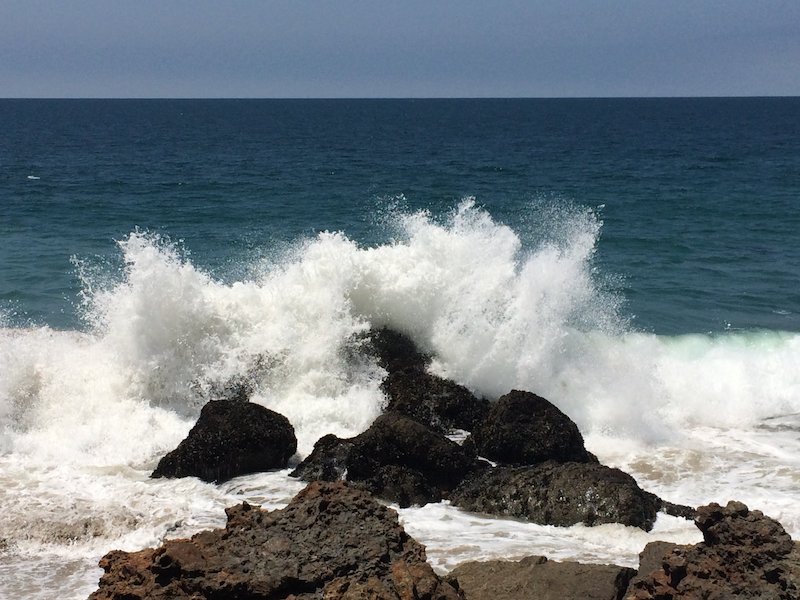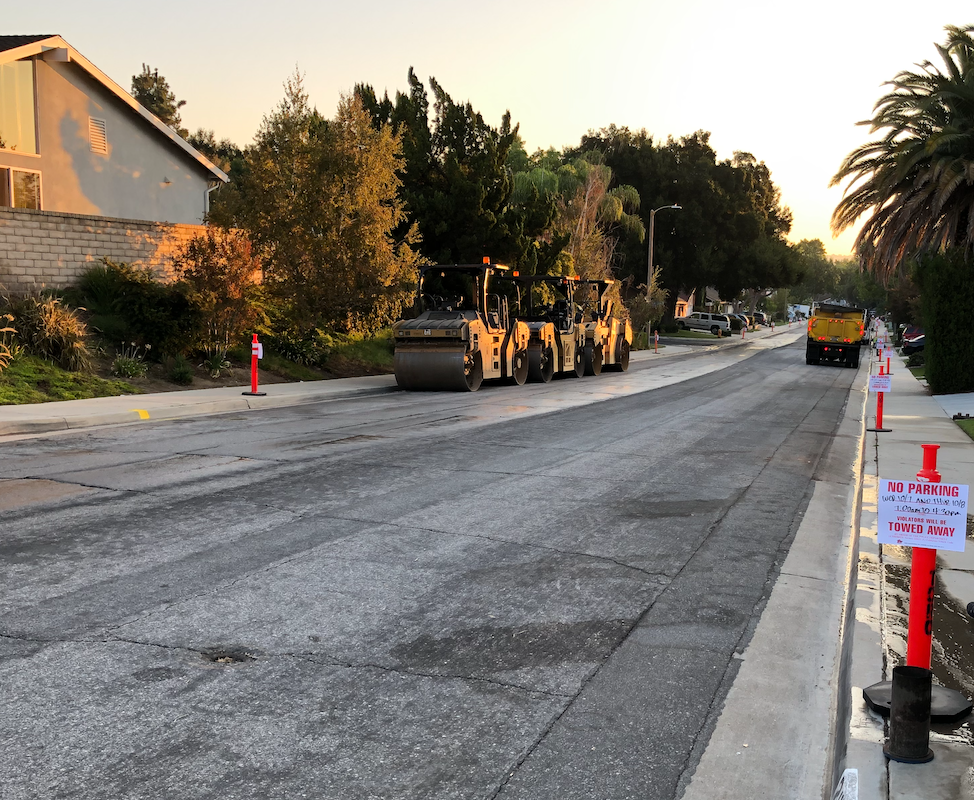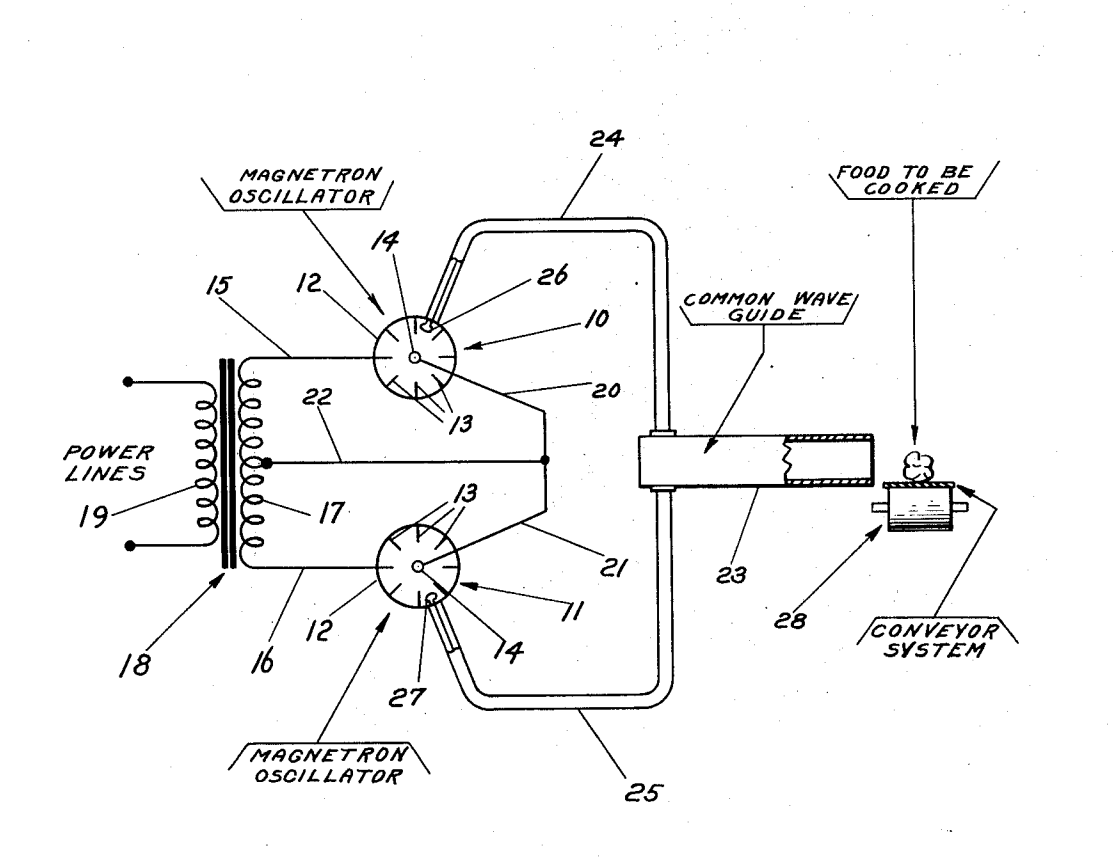“To everything there is a season… a time to plant and a time to reap… a time to weep and a time to laugh… a time to mourn and a time to dance.” – Ecclesiastes 3
A time to reap…
“It’s cold outside!” I received that text at 4am this morning when one of my IoT devices detected temperatures in our backyard dropping into the frost zone. It seemed like a great idea when I built the device, but at 4am, it wasn’t so hilarious. We did manage to harvest the last tomatoes and peppers from our garden before the cold hit. Despite the cold, we did enjoy the weather here in Santa Clarita this weekend. Sunny rain showers with gusty winds visited our neighborhood. The fires are out and the air is clear. We even had a few doses of hail cover our yard like a sparkling winter wonderland. And just like that, the leaves on the trees in our neighborhood began to change.
A time to laugh…
I know it is only November, but with the nice weather and all that is going on, Saturday felt like Christmas. I hung the lights and lit a fire in the fireplace. There was even a rainbow or two that streaked across the sky as if to welcome the new season and bid farewell to a long and emotionally draining week. Regardless of where you are along the US political spectrum, there was news made and records broken. Related to that, I fully appreciate the emotion, the exhilaration and the disappointment that some may be feeling right now. We should recognize that and be kind to one another.
A time to dance…
In other news, Pfizer and Biotech are reporting positive results from their COVID-19 vaccine trials. That’s encouraging news! Most of us have family or friends personally impacted by the virus. We still have a long road back to pre-pandemic “normal” but any progress is cause for celebration. Speaking of celebrating, I often talk about the need to recognize our accomplishments and wins as a team. I love seeing the updates and one-off notes that my team sends me so I can celebrate with them. If you are not doing that, you should! Reflecting back on this year, it is amazing to see how much we have accomplished despite the challenges the pandemic threw our way. I am incredibly grateful for my team and the hard work we continue to do to help each other and our company weather this difficult time.
A time to heal…
Even with the good news, we are still facing challenging times. This is a good time to remember to breathe (and not just because your Apple Watch tells you to). Take a moment today and let your mind and body heal. Let go of the tensions that the pandemic, remote work and life pressures bring your way. Breathe. Rest. Renew. A new season is here… drink it all in and enjoy!
